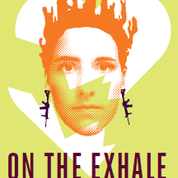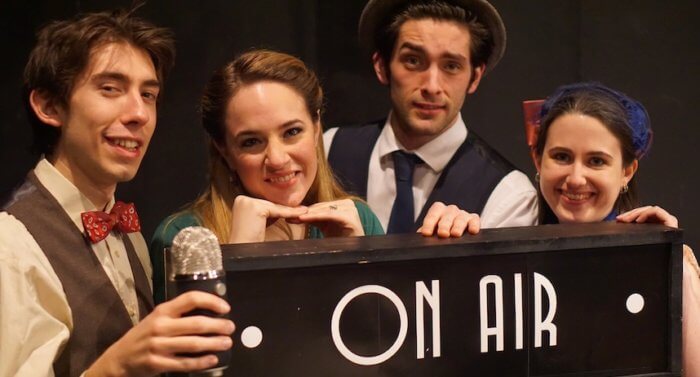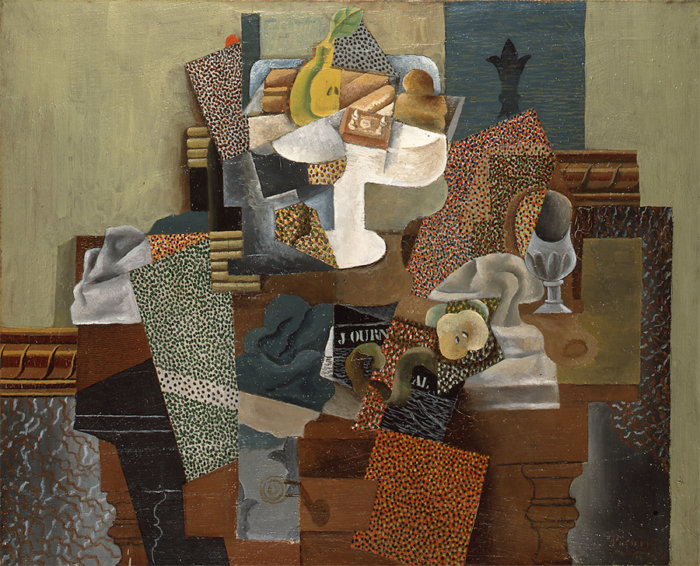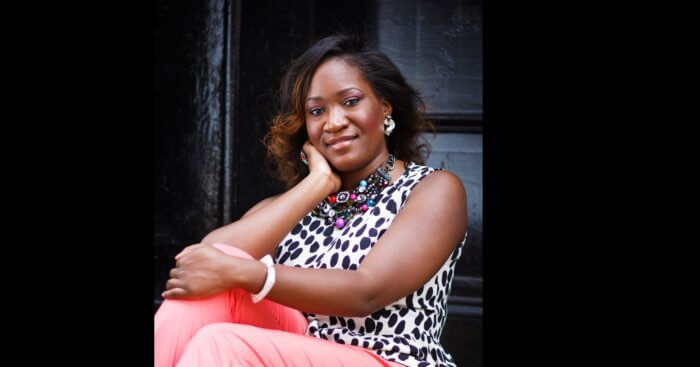Yorktown resident Allan Poole, 60, fondly remembers attending William Harrison Elementary School on North 11th Street — a building which stands in the shadow of Temple University and has served as a landmark for more than 80 years.
The school is expected to be closed for good this month. Like many, Poole is sad to see it close, but one question no one can answer is what will happen to the building.
“Ain’t no telling what’s going to happen to it,” Poole said last week. “[There are] a lot of unsavory characters in this neighborhood.”
More than 20 schools will close across the city this year between public and parochial schools, and while some will be used for other educational programs, many will be left vacant. If history is any indication, some of them will become magnets for vandals and drug activity and wind up in disrepair.
“There’s just all kinds of inherent potential dangers,” said Mary Tracy, executive director of Scenic Philadelphia, the anti-blight organization formerly known as SCRUB. “I think the city has really got to starting to look at rising all boats here and how are we going to make people want to stay and want to move into neighborhoods.”
A report last year from the city controller’s office said eight vacant schools posed safety hazards and should be torn down. One of those schools, the former Edison High, was the site of a four-alarm fire last August. Another, the former Roberto Clemente, has been vacant since 1998.
Danielle Floyd, the Philadelphia School District’s deputy for strategic initiatives, said 11 of the district’s 14 vacant facilities are up for sale and officials will be soliciting proposals for them soon. The district also has a decommissioning process that includes getting community involvement so that there is a quicker turnaround on future closures, she said.
“The goal is not to have these sit vacant, in some cases, eight to 10 years. We’re not looking to go back into that cycle moving forward,” Floyd said.
Schools are not easy sells
A study by the Philadelphia Research Initiative last year examined six cities that went through similar school closings. The report revealed that more than 200 buildings were still vacant in the six cities, including 92 in Detroit alone.
In Philadelphia, one of the challenges is that many of the buildings are in low-income neighborhoods where rental prices would not be appealing to developers, according to real estate expert Kevin Gillen, vice president and director of Econsult Corp. He said the buildings would be better suited to be converted to office space or public use such as rec centers.
The archdiocese said the parishes will make the final call on its elementary school facilities, while the Philadelphia School District has not decided if it will look to sell its newly-vacated buildings.
“We have not made any determination at this point on whether we want to sell, whether or not we want to mothball, whether or not we want to lease,” Floyd said.































